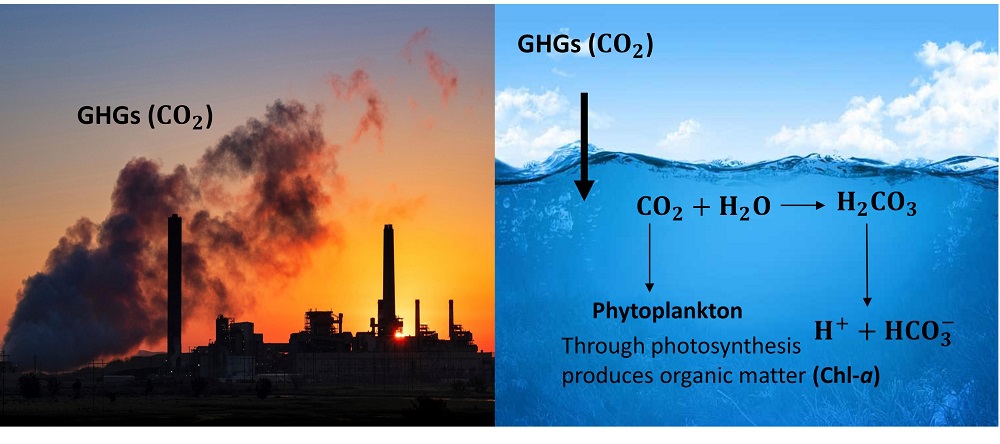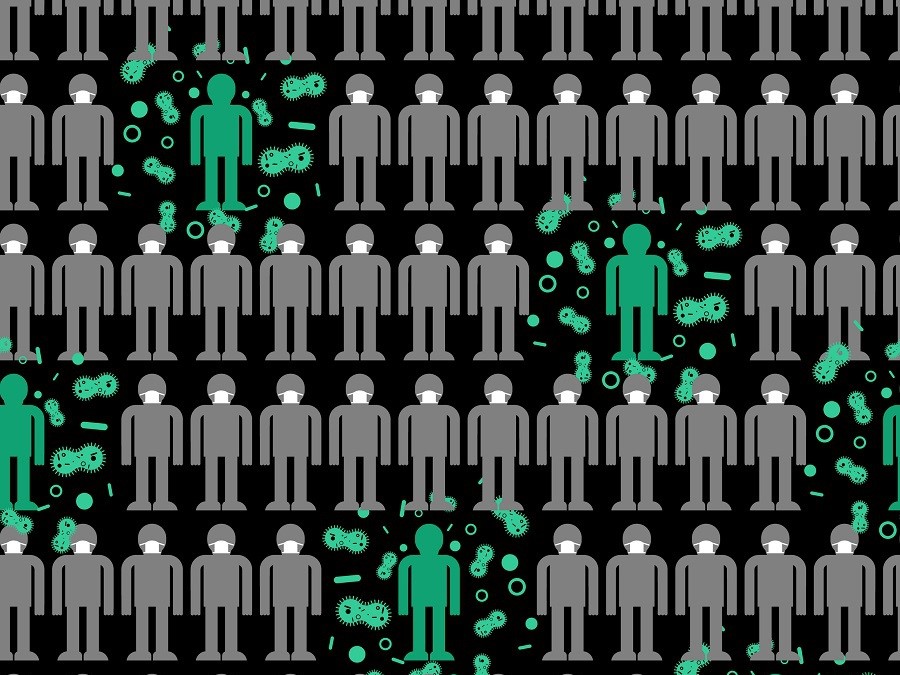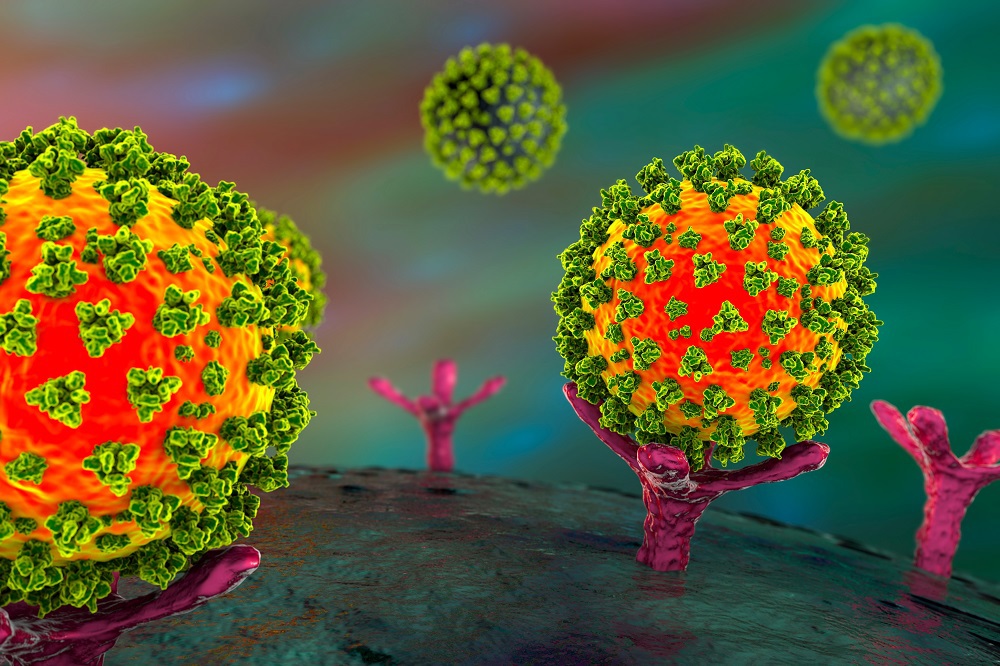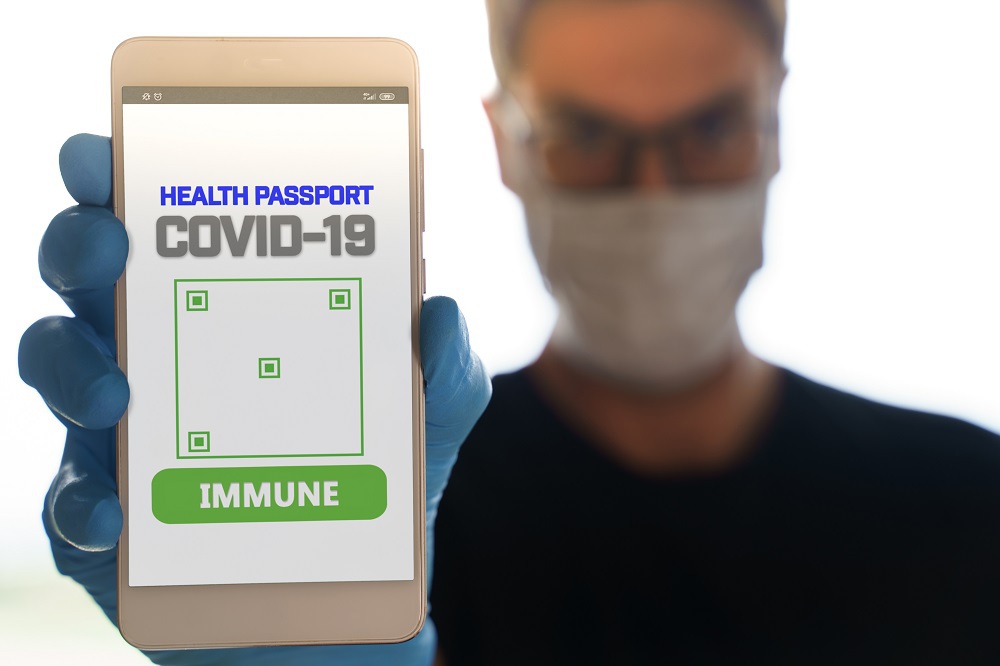
As healthcare professionals around the world get to grips with the Covid-19 pandemic, most of the media focus and research attention centers around patient outcomes and the disease’s impact. While this research is crucial to containing the spread of the disease and saving lives, a team of researchers from Khalifa University is looking at the impact of Covid-19 on a different group: the frontline healthcare workers.
Dr. Ovidiu Baltatu, Dr. Eman Alfishat, Lujain Aloum and Nnamdi Valbosco Ugwuoke, all from the KU Department of Pharmacology and Therapeutics, are investigating the impact of burnout on frontline workers in Abu Dhabi during the Covid-19 pandemic. The outbreak of the novel coronavirus has been shown to have a strong impact on the mental health of medical and nursing staff, with professionals in Italy reporting insomnia and anxiety, with some cases progressing to alarm and panic.
Physician burnout is already a significant problem in the healthcare industry and has been associated with cardiovascular risk factors. Stress and adverse psychosocial working conditions may lead to cardiovascular diseases but research about the impact of fatigue arising from overworking and stress on heart function is still limited. Additionally, work-related stress can have detrimental effects on the immune system with elevated levels of immune system health biomarkers seen in professionals under intensive and prolonged periods of stress.
“The coronavirus disease pandemic has created new and unpredictable challenges for modern medicine and healthcare systems,” said Dr. Baltatu. “Healthcare professionals are heavily affected by this rapidly changing situation, and are also at higher risk of infection. Wuhan and other regions in China reported that staff experienced psychological burden, especially those directly engaged in the diagnosis, treatment and care of patients with Covid-19.
“The main objective is to investigate the evolution of psychosocial, cardiovascular and immune system markers in healthcare workers with different levels of exposure to the Covid-19 pandemic,” explained Dr. Baltatu. “We’re studying the level of burnout and its relationship with cardiovascular health in frontline and second-line healthcare professionals. We also want to investigate the possible association between burnout and experience; does experience level have anything to do with how much burnout a professional experiences?”
“We will measure burnout using social and physical data,” explained Dr. Baltatu. “We will also be looking at various cardiovascular biomarkers and blood immune system biomarkers.”
With a team comprising investigators from Khalifa University, Zayed Military Hospital, Abu Dhabi University, Cleveland Clinic, Sheikh Khalifa Medical City, Sheikh Shakboot Medical City and Mediclinic, the study will use questionnaires, heart monitoring equipment and blood tests to evaluate the link between burnout and heart and immune system biomarkers.
Medicine is a stressful profession under normal circumstances, with some studies suggesting burnout affects up to 50 percent of physicians in the United States. Healthcare workers on the frontline of the Covid-19 pandemic are not just treating critically ill patients, but are also risking their own health. The multi-center prospective cohort study spearheaded by Khalifa University and Zayed Military Hospital hopes to identify the key markers signalling physician burnout for early intervention in frontline workers.
Jade Sterling
News and Features Writer
8 June 2020






